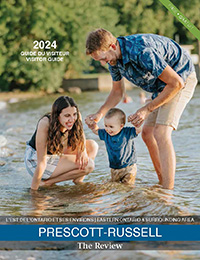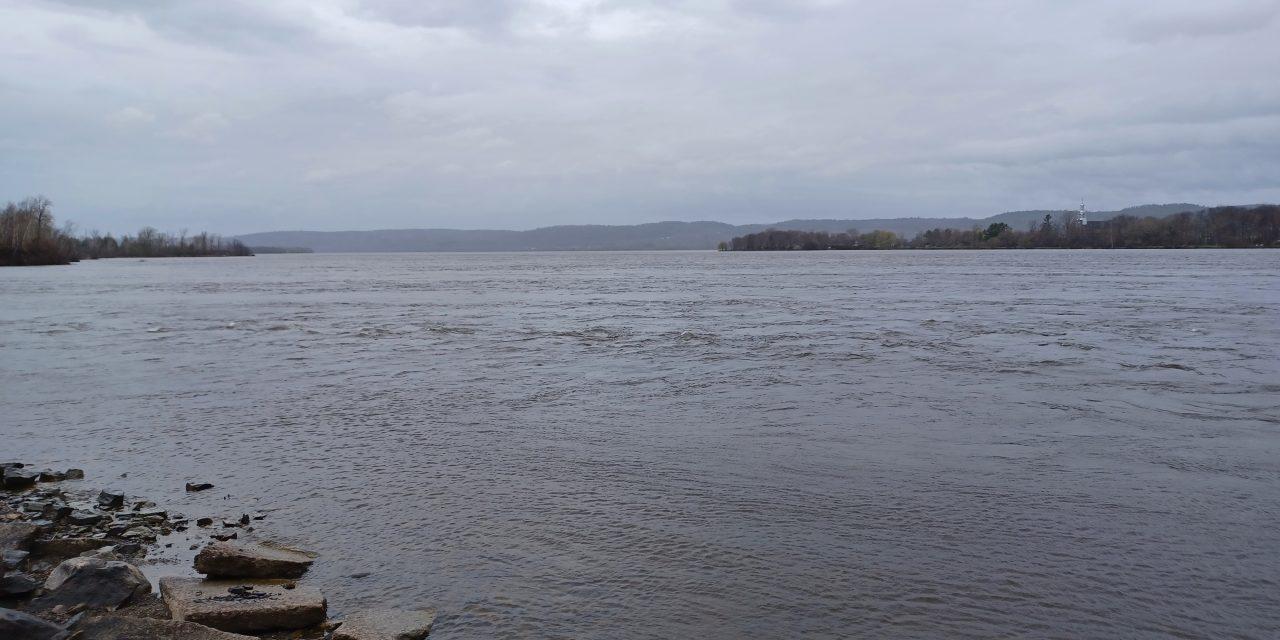An organization focused on the health of the Ottawa River has given the condition of the body of water a C grade on a report card.
The Watershed Report Card, reveals concerning trends in the health of the Ottawa River watershed.
The report card identifies how human development and climate change are reshaping the Ottawa River. This is the stark takeaway from the results showcased in the Watershed Report Card. Key findings from the report include:
- Climate change trends: Ottawa Riverkeeper has found that climate changes are altering seasonal cycles, including disrupting typical flow patterns with an earlier spring freshet and increasing peak flows, as well as shifts to the timing of ice formation and breakup.
- Threats from excess nutrients: The report identifies how shifts in land use patterns and development activities such as agriculture, sewers, and other sources are introducing excess nutrients to the watershed, destabilizing the base of the food web by accelerating the growth of primary producers, such as the algae which can contribute to harmful algal blooms.
- Contaminants of Emerging Concern: The presence of contaminants, such as microplastics, PFAS, and road salt, poses serious risks to our ecosystems, in ways which may not be properly monitored.
- Consistent data gaps: The Report Card also highlights areas where potentially concerning trends are being understudied, such as the surprisingly high levels of mercury in fish found in the Ottawa River compared to other watersheds such as Lake Ontario and Lac Saint-Pierre.
Ottawa Riverkeeper calls for coordinated action at a watershed scale from government agencies, Indigenous communities, non-governmental organizations, and the public to address these challenges. The organization emphasizes the importance of collaborative approaches, science-based decision-making, and sustainable practices to protect and restore the health of the Ottawa River.
“The leading causes that are degrading the river are all human-driven. This means we, as humans, can turn those trends around. Though the current grade is a C, the report card provides insight on how we can preserve this invaluable resource for all species and all generations. I’m confident we can put ourselves back on a pathway to A+” Riverkeeper CEO Laura Reinsborough said.
The report card underscores the importance of ongoing research and monitoring to fully understand the complex dynamics at play in the Ottawa River watershed.


